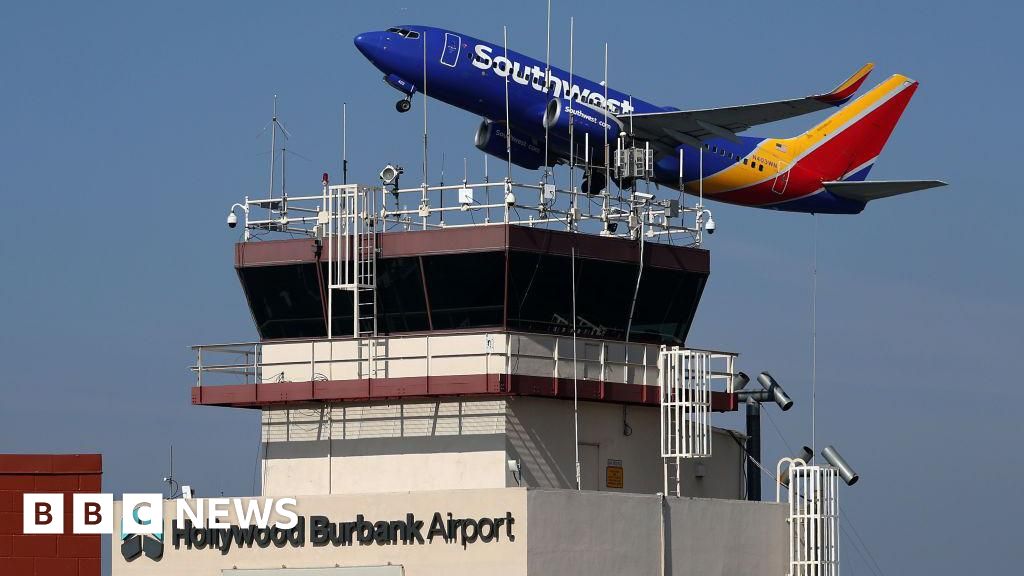https://static01.nyt.com/images/2023/06/02/multimedia/00haiti-violence-01-qzgk/00haiti-violence-01-qzgk-facebookJumbo.jpg
Citizens of Port-au-Prince in Haiti have taken up arms to fight back against gang violence that has terrorized their neighborhoods for almost two years. A vigilante movement called “bwa kale,” which began when a group of people used gasoline to burn alive 14 presumed gang members outside a police station in April 2021, has resulted in the deaths of at least 160 more people suspected of being involved with gangs. The vigilante movement has led to a decrease in kidnappings and killings attributed to gangs. While the outbreak of mob justice is worrying, many Haitians view it as a consequence of a severe power vacuum, as no president has been elected in two years and the underpaid and outgunned police have fled in large numbers.
Prior to the “bwa kale” movement, people in Port-au-Prince lived in fear of the gangs that could demand money or take whatever they wanted from people’s tables any time of the day. With the implementation of vigilantes, fear has begun to shift such that people feel safe again. While the vigilantes staff checkpoints to keep strangers out of their neighborhoods by checking IDs, they are also setting up road closures and interrogating people trying to enter. While many support the vigilante brigades, their rise underscores the international community’s failure to address the crisis. The lack of action has been a frustrating reality for civilians, leaving them to take decisive measures into their own hands. However, the danger of vigilante justice is that it can spread among those who have nothing to do with gangs and may lead to further violence if the gangs seek retribution.












:max_bytes(150000):strip_icc()/KFheadshot-9fe00fcb29c24a589a05cb7dea9ca150.jpeg)

